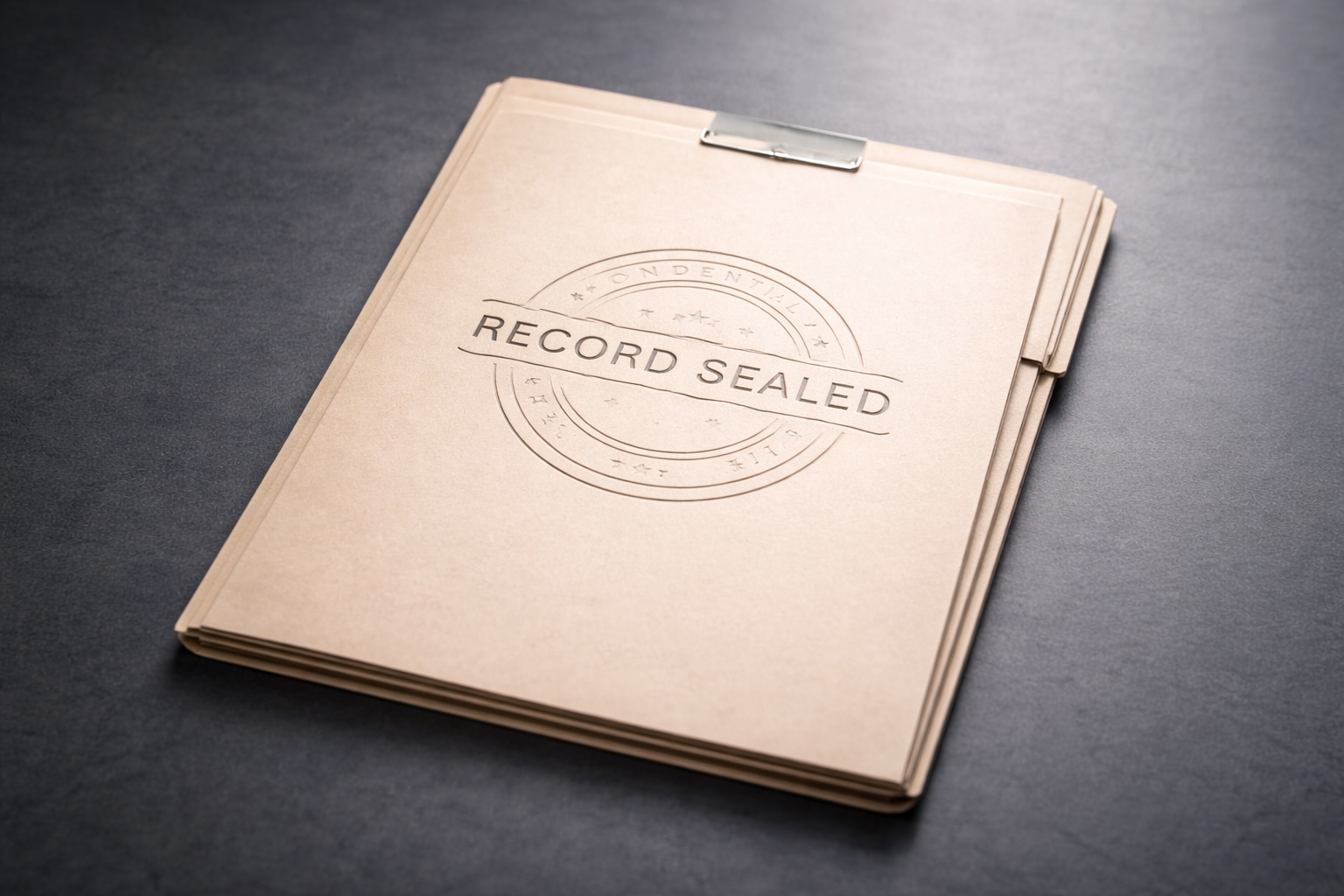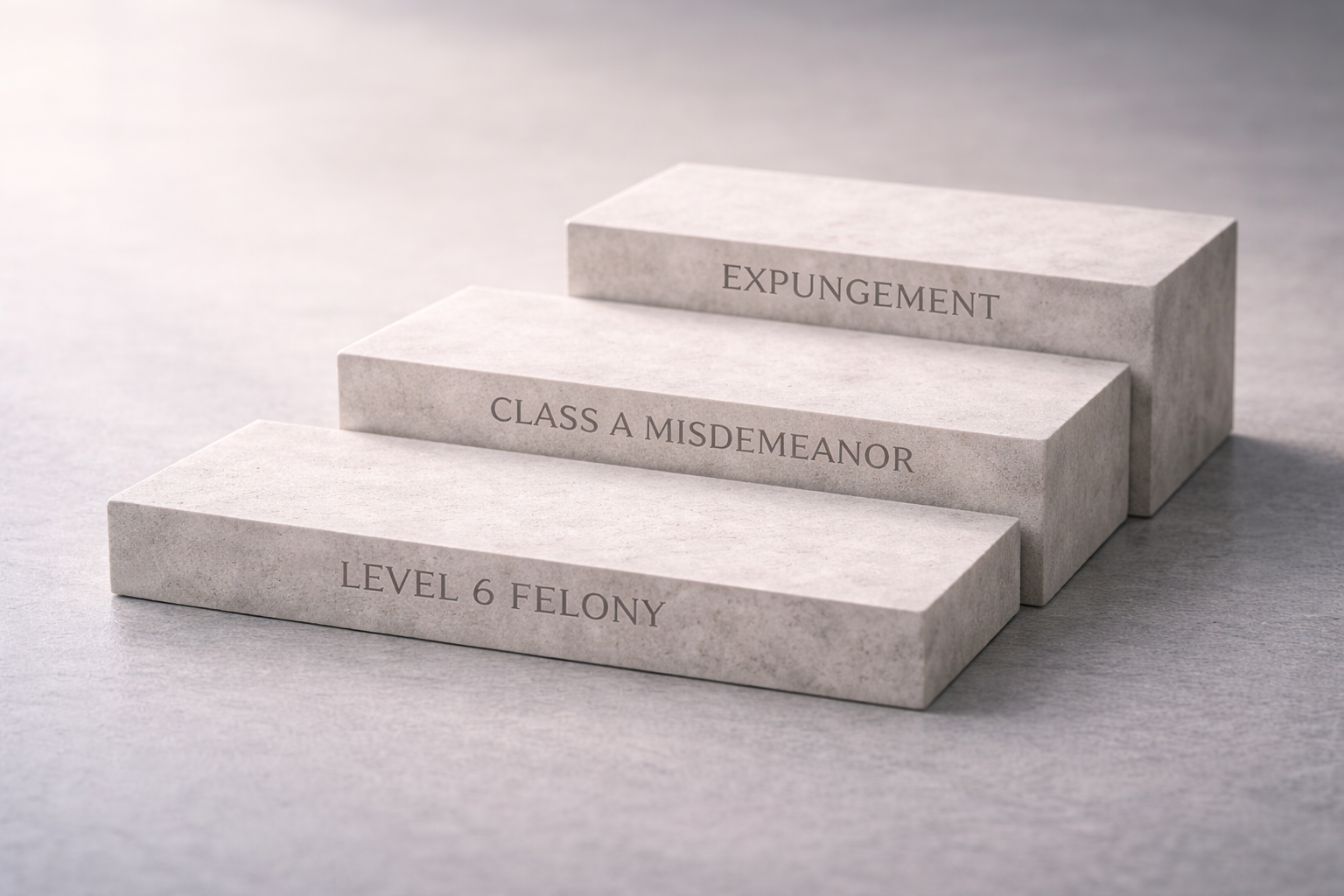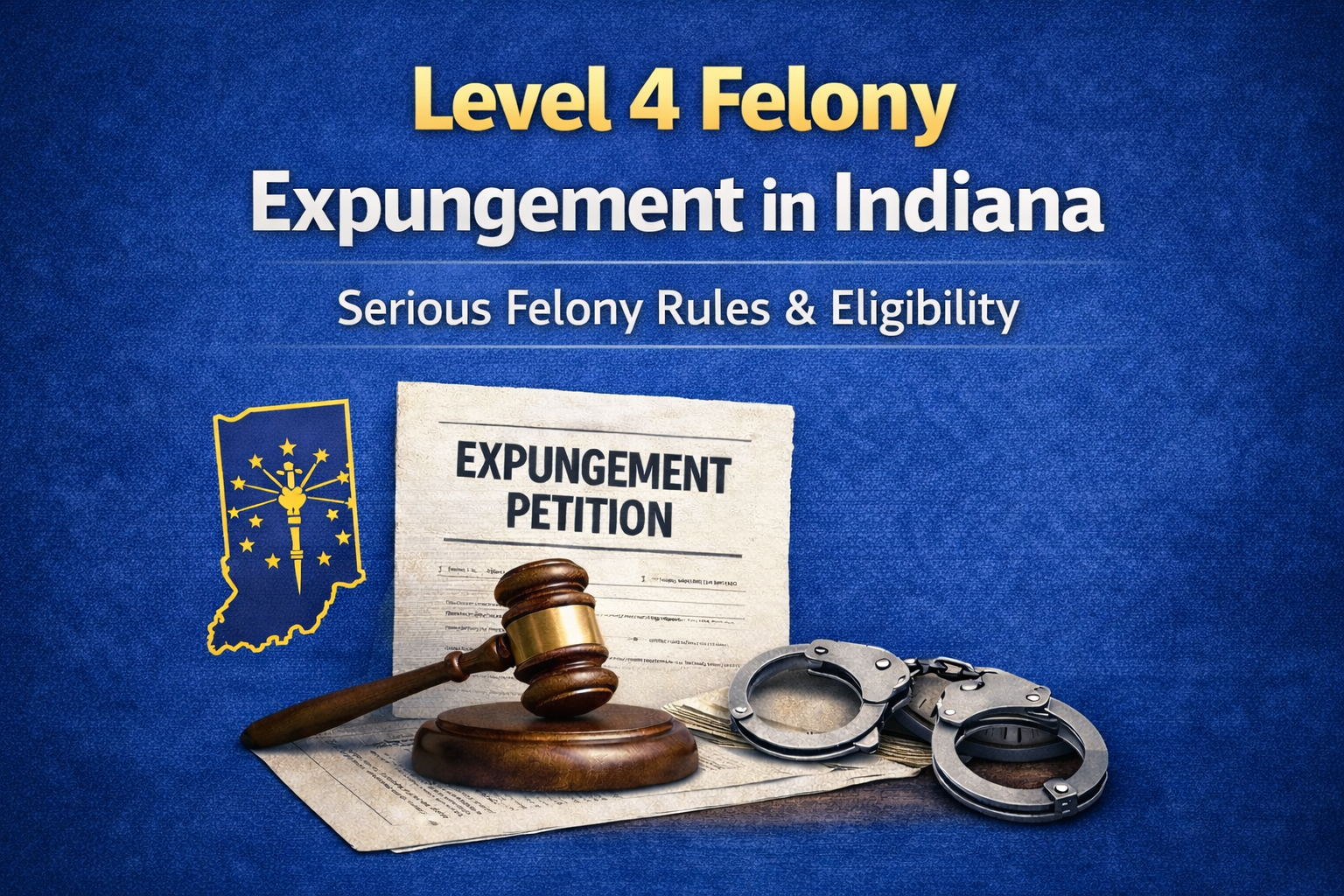Expungement for Juvenile Records in Indiana: What You Need to Know
Introduction: Your Mistake Shouldn’t Define Your Future
A juvenile mistake shouldn't follow someone for life—but in Indiana, a juvenile record can still appear on background checks, limiting job, education, and housing opportunities.
The good news? Indiana law allows expungement and sealing of many juvenile records—sometimes automatically, sometimes by petition.
This guide walks you through how juvenile expungement works in Indiana, who qualifies, and what steps to take.
📞 Need help expunging a juvenile record? Call Vining Legal at (317) 759-3225 or schedule a consultation.
What Is a Juvenile Record in Indiana?
A juvenile record includes any arrest, court filing, adjudication, or placement for a crime committed when someone was under the age of 18.
This may include:
Delinquency adjudications
Juvenile detention or probation records
Arrests even if no formal charges were filed
Dismissed or diverted cases
🛑 Important: A juvenile record is not the same as an adult conviction—but it can still impact your future if not cleared.
Can Juvenile Records Be Expunged in Indiana?
Yes, Indiana law allows most juvenile records to be expunged or sealed under Indiana Code § 31-39-8. The type of expungement depends on whether the record was:
Automatically sealed,
Eligible for petition-based expungement, or
Ineligible due to serious offenses.
Three Ways Juvenile Records Are Cleared
1. Automatic Sealing (Most Cases)
Many juvenile records are automatically sealed when the child turns 19, unless:
The individual was adjudicated for a felony that would be a serious violent crime if committed by an adult,
The person is still under probation, or
The court determines sealing isn’t in the best interest of the public.
🔍 Even sealed records may still be visible to law enforcement or courts.
2. Petition-Based Expungement
You can petition the court at any time after discharge from court jurisdiction, probation, or the Indiana Department of Correction.
The court will consider:
Nature of the offense
Age at the time
Behavior since the incident
Whether you’ve been charged or convicted of a crime since
✅ If granted, the court can order the complete destruction of records held by police, the court, the Department of Correction, and other agencies.
3. Records That Cannot Be Expunged
Records may be ineligible for expungement if:
You were 18 or older when the crime occurred
The offense involved serious violence (e.g., murder, rape)
You’ve had multiple subsequent convictions as an adult
Each case is unique—consult a lawyer to check your eligibility.
Why Expunging a Juvenile Record Matters
Even sealed juvenile records may be accessible in some situations, such as:
Law enforcement investigations
College applications
Professional licensing
Military or government background checks
Expungement offers stronger protection and may include record destruction, not just sealing.
How to File for Juvenile Expungement in Indiana
Step-by-Step:
Get Your Records
Request court and law enforcement records related to the juvenile case.Check Your Eligibility
Verify whether the record was sealed, whether expungement is possible, and if any time restrictions apply.File a Petition in Juvenile Court
Must be filed in the county where the case was handled.
Include identifying information and justification.
Attend the Hearing (If Required)
The judge may schedule a hearing to ask about your rehabilitation and future plans.Get the Order
If granted, the court will order destruction or permanent sealing of your juvenile records.
A skilled attorney can help prepare the strongest possible petition and represent you in court.
Does Expungement of a Juvenile Record Restore All Rights?
Yes—expungement can help:
Protect job and housing opportunities
Remove barriers to education and licensing
But it’s not a guarantee. Some federal agencies or licensing boards may still see sealed or expunged records during background checks.
How an Attorney Can Help
Even though juvenile expungement is more accessible than adult expungement, you should still consider legal representation, especially if:
Your case involves more than one county
The offense was serious
You’ve had adult charges since
An attorney can:
Run your background check
Draft and file your petition
Communicate with courts and agencies
Appear on your behalf at hearings
Conclusion: Don’t Let a Juvenile Mistake Hold You Back
Indiana offers second chances. If you made a mistake before age 18, you don’t have to carry it for life.
Juvenile expungement gives you the power to move forward—clean record, clean slate.
📞 Call Vining Legal LLC at (317) 759-3225 or schedule a consultation to get started on clearing your juvenile record in Indiana.





